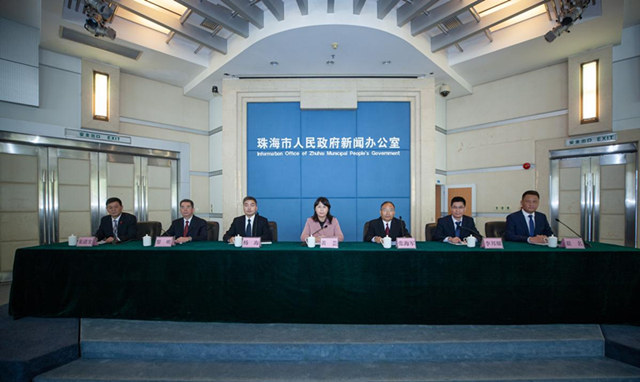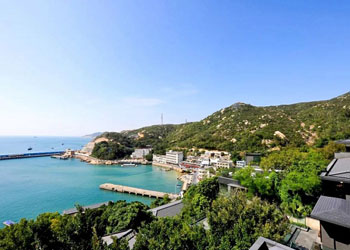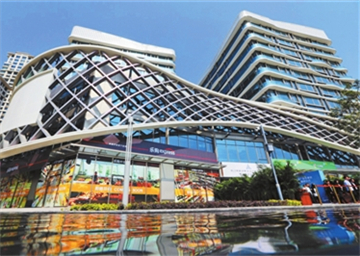Epidemic-prevention actions in place for spring holiday
Emergency-response squads will conduct epidemiological surveying, nucleic acid sampling and testing, clinical treatment, hospital infection prevention and control, and health supervision during the Spring Festival holiday.
Zhuhai now has 18 medical institutions that may perform nucleic acid testing across the city, all operational during nighttime and on weekends, Huang Yun, deputy director of the Health Bureau, said at a Feb 5 press conference.
The city also has 44 sample collection spots for returning migrant workers and has contracted three third-party testing institutions to ensure mass screening in the shortest time possible amid any epidemic resurgence.

Press conference [Photo by Liu Jiacheng / Guanhai App]
Locals should avoid unnecessary travel outside the city. Those with travel plans must pay close attention to the dynamic epidemic situation and acquaint themselves with the anti-epidemic policies of their destinations.
Inbound travelers are subject to a 14-day centralized quarantine at locations when they first land, and a seven-day self-quarantine at home upon returning to Zhuhai.
Migrant workers returning to Zhuhai with negative nucleic acid test results should report to their village committees in advance, receive 14-day home-based health supervision and nucleic acid tests, and avoid all travel and gatherings.
Residents should pay attention to their personal health conditions. Patients with symptoms such as fever, dry cough, and sore throat must visit nearby fever clinics and inform doctors of their travel and contact history over the past 21 days.
In addition, they are required to comply with epidemic prevention and control measures such as body temperature measurement, information registration, health QR codes, mask wearing, and social distancing at public venues. Recommended good health habits include frequent hand washing, ensuring good ventilation in residences and use of serving chopsticks and spoons.



